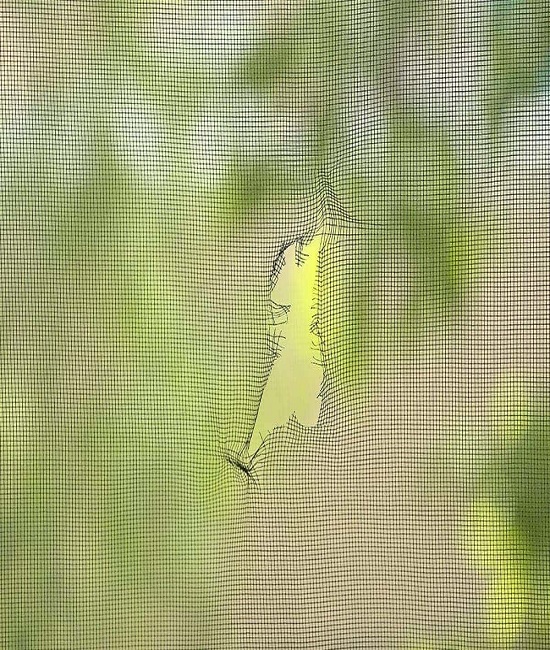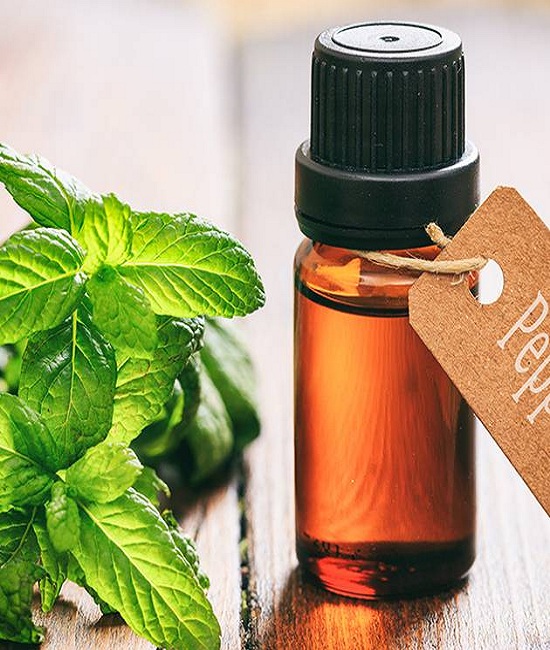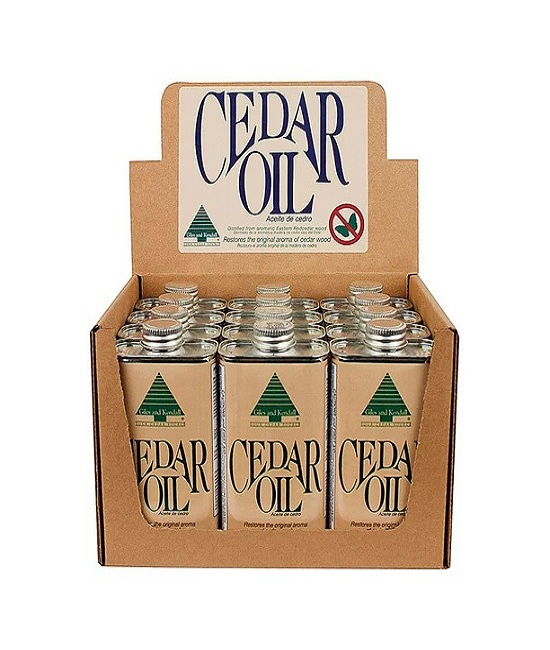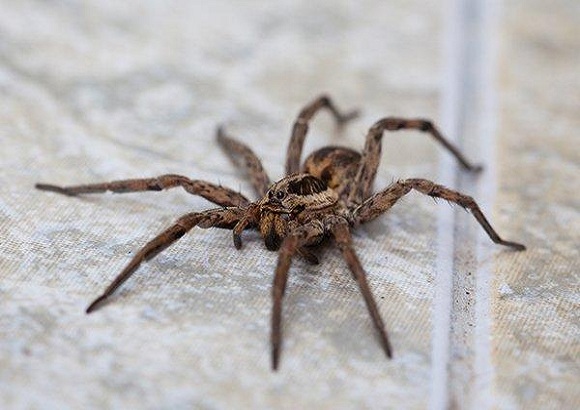The peak mating season for spiders occurs in the fall. If they do, they’ll start looking for a safe, warm place to spend the winter with their young. That’s bad news since it means they can move in with you if they make it into your garage, cellar, or any other part of your house.
So, what’s the solution here? Is it possible to eradicate spiders from the home using only natural means? In fact, you can keep your house secure from a fall spider invasion by using a combination of the methods below that both prevent and deter spiders from coming inside.
With that in mind, here are some of the greatest methods and tricks for keeping spiders out of your living area!
Closing and sealing all openings
Sealing off the entrances spiders favor is the first line of defense against an infestation. This includes caulking gaps around windows and doors and checking for holes in screens.
Spiders, like stink bugs, flies, and other tiny insects, often enter homes through unprotected openings. Caulking and sealing around windows and doors, as well as any trim, should be maintained regularly. Exclusion traps are effective, as is caulking and sealing any pipes or foundation cracks through which spiders can enter your home.
Keep all window screens in place and securely fastened before opening windows. Screen tape is an effective solution for repairing screens with even the tiniest of holes. Compared to replacing full displays, they are more economical and take less time.

Peppermint Oil
The next step, after you’ve secured the house, is to spray it with peppermint oil. Spiders have a strong aversion to the smell of peppermint. It turns out that one of the simplest and most effective ways to deter spiders from setting up shop is to use pure peppermint oil.
To create a natural spray that is both effective and non-toxic, all you need to do is combine peppermint oil with water. To make, heat one cup of water in a skillet and add 5 drops of peppermint oil to it. Do not let the water come to a boil, as doing so can cause some of the essence to evaporate.
After adding the drops, keep the water on the stove for another five minutes. Take the mixture off the heat after five minutes and let it cool. Now you may transfer the repellent to a hand-held spray bottle and use it to cover the areas around windows, doors, and other possible access points for spiders.
Note: Always test a tiny area before spraying any mixture, even an all-natural one like peppermint oil, to ensure it won’t stain or damage the surface. A weekly re-spray is required to maintain effectiveness.

Making Peppermint Scent Bags
Peppermint essential oil can also be used to smell fabric bags, which can then be strategically placed around the home. You can p ace them by entryways (doors, cabinets, and sinks), as well as in and around any potential entry points (cracks and crevices).
Cotton balls, peppermint oil, and a cheap fabric bag are all you need to make these bags. Just drop a few drops of oil onto a cotton ball and drop six to eight of them into the bag.
Like when preparing peppermint spray, only use undiluted peppermint oil. Each week, spray the bags with the peppermint oil and water solution to keep the repellent working. They not only help keep spiders away but also add a pleasant aroma to the space.
Cedar Oil
The use of cedar oil in the outdoors has been shown to be particularly beneficial in the fight against Japanese beetles. These same characteristics are also effective against spiders, preventing them from entering the home.
In order to make a spray for warding off spiders, combine 1.5 tablespoons of cedar oil with half a gallon of water. There is no need to boil the water because the oil is already in its purest form. To use, simply combine the ingredients and then spray about any open windows, doors, or crevices.
Cedar oil is useful as a pest deterrent against a wide variety of insects, including spiders, Japanese beetles, cockroaches, mice, ants, and mosquitoes.

Cinnamon
Another all-natural substance with a long list of uses is cinnamon. Ones that go beyond simply improving the taste of your food. As with peppermint oil and cedar oil, it can be used to keep spiders at bay.
Sprinkle cinnamon throughout your home, or sprinkle pine cones with cinnamon and arrange them around the inner base of your house. You’ll get a pleasant aroma while also deterring spiders.

Vinegar
Natural uses for vinegar abound, from pickling cucumbers to killing weeds and, yes, even keeping spiders at bay.
Put some store-bought vinegar (with around 5% acidity) and some water in a spray bottle and shake until well-combined; use this as a cleaning solution. You can spray it directly on the spiders, their webs, and the areas where you frequently encounter them. Get into the nooks and crannies, especially near the doorways, and do it once a week.

Hedge Apples (Hedge Balls)
Hedge apples, according to urban legend, can keep spiders at bay if they are strategically placed near entryways and exits. Is it effective? Is it just a myth? Professionals agree that the hedge apple trick is more urban legend than proven science.
Scientific evidence shows that spiders are not bothered by hedge apples at all. But hey, just like anything else, if you think it works and it helps you sleep at night, then by all means, put out those hedge apples!


